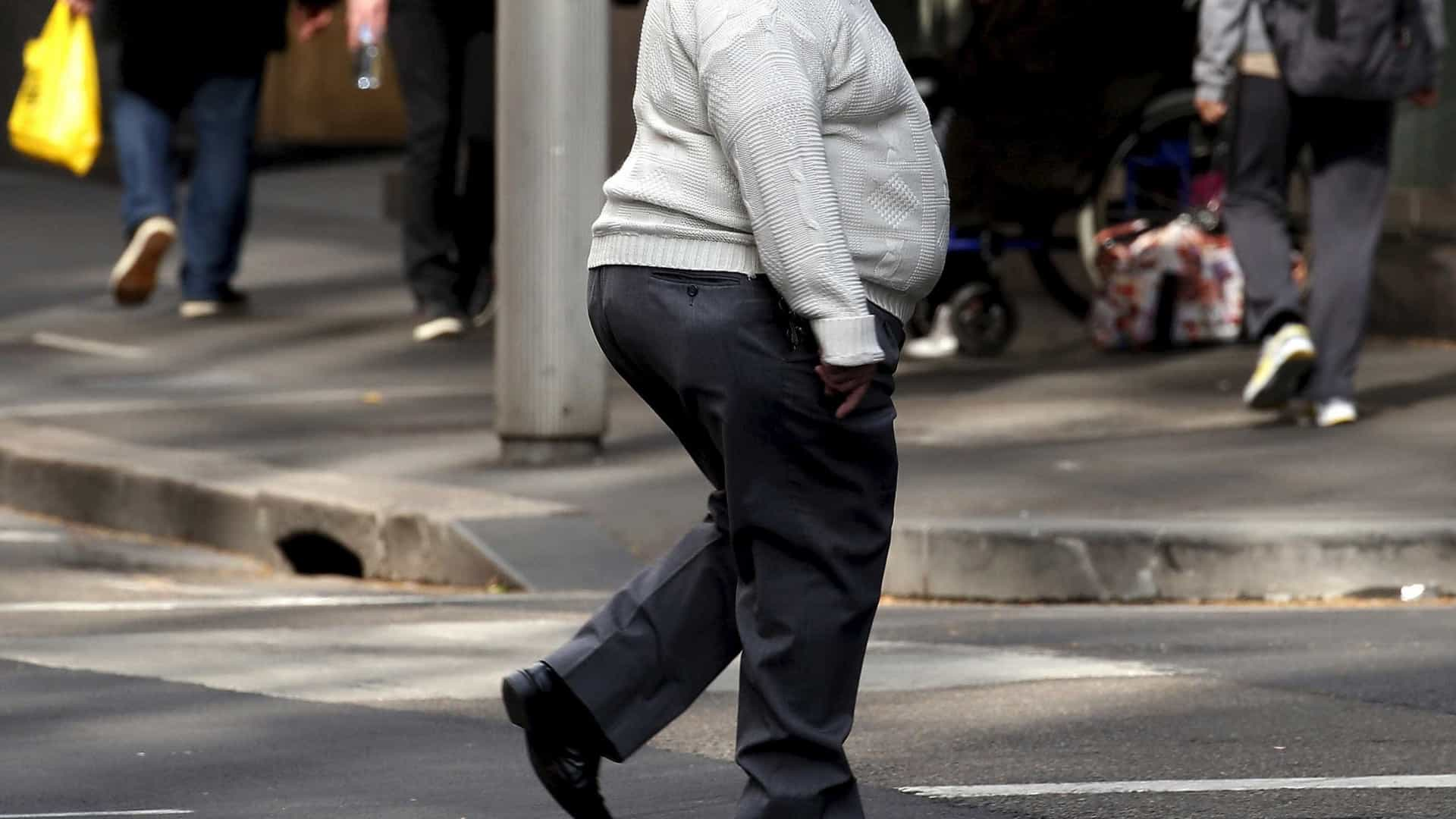RIO DE JANEIRO, BRAZIL – The State University of Campinas (UNICAMP) conducted studies confirming that the novel coronavirus (Sars-CoV-2) may be able to infect human fat cells and remain inside them. The study may help to understand why obese individuals are at greater risk of developing the severe form of Covid-19.

According to the theory investigated at UNICAMP, obese individuals would have a greater reservoir for the virus in their bodies. The obese are also more affected by chronic diseases such as diabetes, hyperlipidemia, and hypertension, which are also risk factors for those having a coronavirus infection.
According to Marcelo Mori, professor of the Institute of Biology (IB) and research coordinator, adipose cells (which accumulate fat) have a relatively high risk of being infected, compared to other cells that are the primary target of the coronavirus.
“This is the case with cells from the epithelium of the lung or intestines. However, why this viral load in fat cells is greater than in other cells used for comparison is not yet clear. This may be because the volume of adipocytes is much greater than the other cells, or it may be because, somehow, fat cells are able to better internalize the virus. These are assumptions we have been testing. Another possibility is that there is a mechanism that favors this internalization of the virus, which is also something possible and has been studied,” the professor said.
Human beings have fat cells throughout the body, and the obese have them in even greater quantity and size.
In vitro experiments with human adipocytes are being conducted with the backing of the São Paulo State Foundation for Research Support (FAPESP) in the Laboratory for Emerging Virus Studies (LEVE). This is a level 3 biosafety facility, one of the highest, managed by Professor José Luiz Proença Módena, also from IB, and coordinator of the task force set up by UNICAMP to tackle the pandemic, along with Mori. The results are still preliminary and have not been published.
The introduction of the virus into the fat cell becomes even more favored when the process of cell aging is accelerated with the use of ultraviolet radiation. When measuring the viral load 24 hours after this procedure, the researchers observed that the aging fat cells had a viral load three times higher than the “young” cells.
“When an early aging process called senescence is induced in these cells, they triple their ability to retain the virus, of being infected. Senescent cells accumulate in elderly and obese individuals. An interesting aspect demonstrated earlier by other groups is that the elimination of senescent cells can, in animal models, promote longevity and protect against diseases that are usually associated with aging, such as diabetes, and some other metabolic dysfunctions,” explained the professor.
Faced with this observation, drugs were tested. “We tested whether drugs that act by eliminating these cells could decrease the viral load within the cells. The drugs that eliminate senescent cells have a significant capacity to reduce the viral load in them.”
According to the professor, this creates a possibility of using these drugs to remove these senescent cells in an attempt to treat SARS-CoV-2. “In this respect, as we know that the elderly and obese accumulate these senescent cells and they are within the risk group for the disease, this may be the link between the higher risk in this population and the fact that these individuals have a greater severity of the disease. These are all still assumptions, made in in-vitro experiments, that is, in cell cultures, they will need to be tested in animal models and eventually be tested in humans”.
According to the researcher, the actual treatment of the disease today is still an investment in quality of life. “We can only draw a conclusion if we think of the risk groups, what we must do is continue to include health promotion practices in our lifestyle, particularly metabolic health to live better: with proper nutrition, regular exercise, even if we are isolated and exercise at home,” he advises.
The next steps in the research include the study of adipocytes directly collected from patients with a confirmed diagnosis of Covid-19, extracted by means of a biopsy.
Proteomics tests (global and large-scale analysis of proteomes, which are the set of proteins and their isoforms expressed in a biological sample, i.e., in an organism, tissue, biofluid or cell) will also be conducted to determine whether infection by Sars-CoV-2 affects the performance of the adipocyte and whether it leaves any long-term sequelae in the cell.
Source: Agência Brasil

